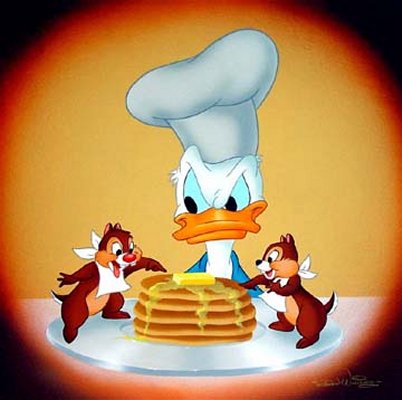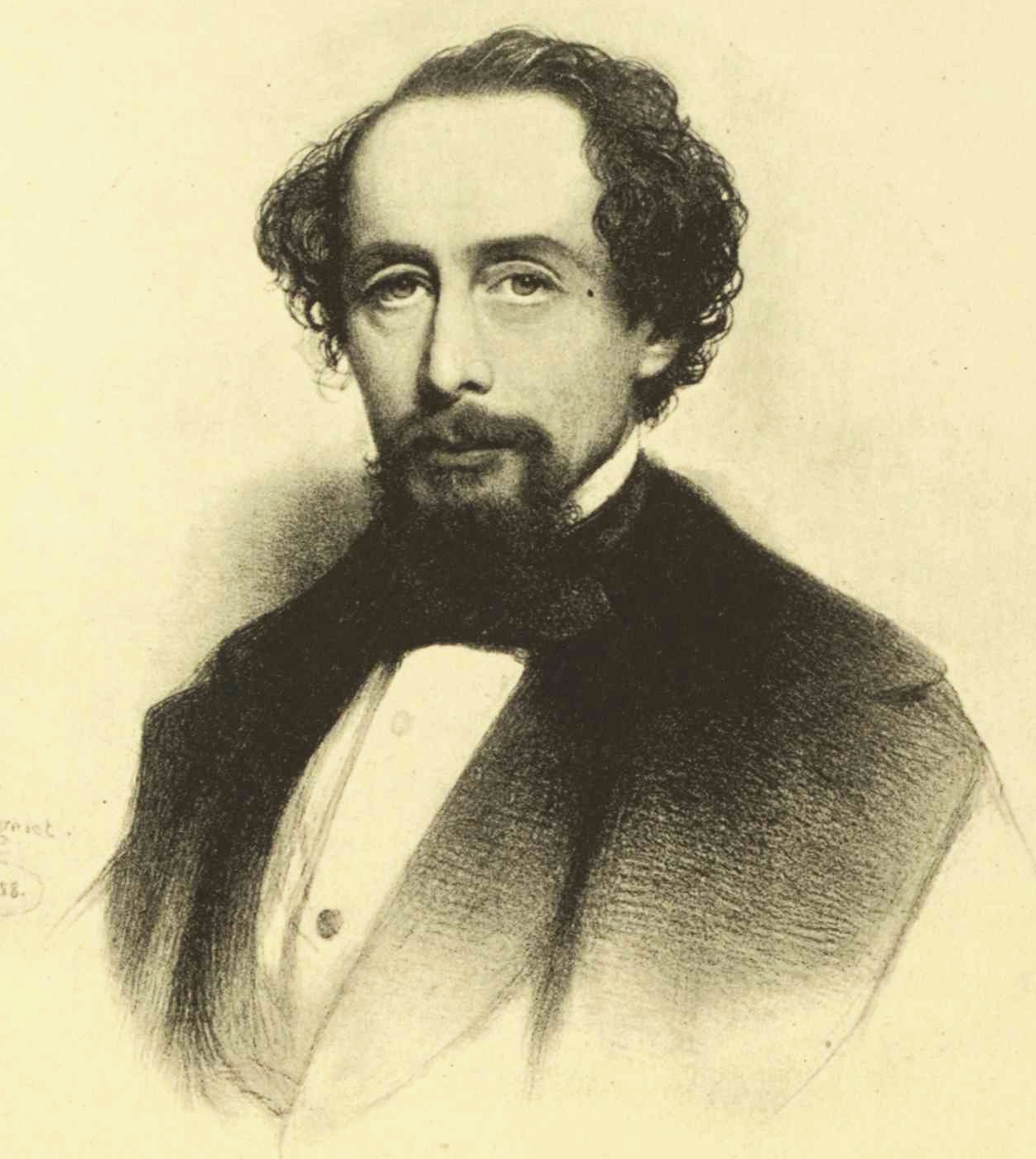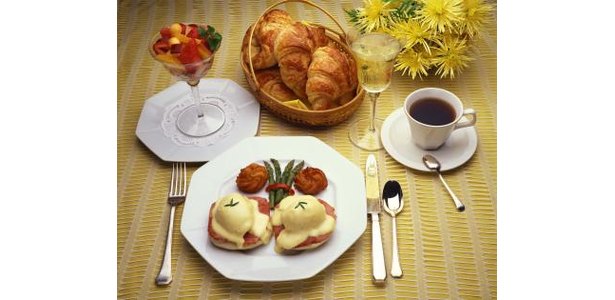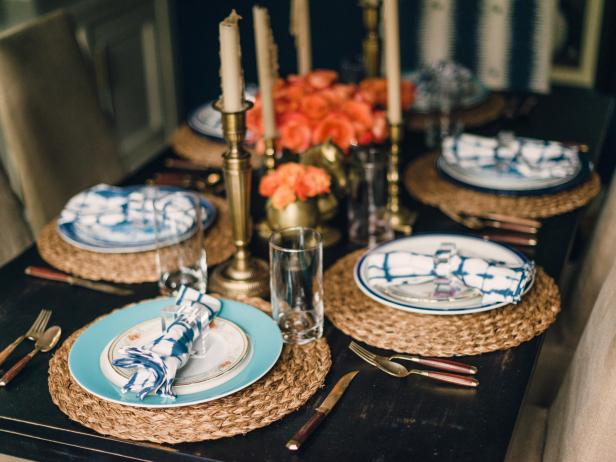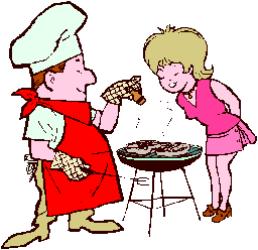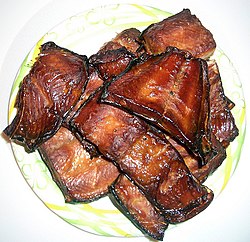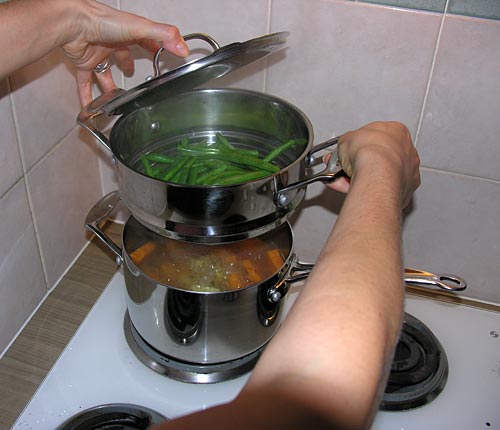Hi, let`s talk?
A There are some ways to start a conversation....
- Hi there.
- How`s it going?
- How are you doing?
- What`s up?
B There are some ways to try to end a conversation...
- I`ve got to go.
- I guess I`d better be going.
- Right, I must dash / I must hurry up.
- It was nice talking to you.
- It was nice seeing you again.
C And also there are ways to say good-bye...
- See you later / soon.
- See you around.
- Have a nice weekend.
- Talk to you later.
D Dialogue - How to start and finish a small conversation!
- Morning, Mike.
- Oh, hi there, Jane. What`s up?
- Nothing much, I`m just taking these back to the library. How about you?
- Oh, you know, same old thing. I`ve got to go now. Nice to see you.
- Nice to see you too. Bye Mike.
- Take care. Bye.
E Speaking - Reacting to what you hear!
One speaking strategy is: be friendly by saying
"Me too" or
"Me neither" to agree with the person you are speaking to. This also shows you have understood and helps to keep the conversation going.
Example:
Ana: How long have you been here in Singapore?
Martin: Nearly three years now. I like it a lot.
Ana: Me too. I don`t like big cities.
Martin: Me neither.
You can also say
"So ...... I" or
"Neither ....... I" to agree with someone....
- I like fish and chips.
- So do I.
- I can`t wait for the weekend.
- Neither can I.
F Speaking - Maintaining a conversation!
Asking follow-up questions.
- Where were you before you moved here?
- At the Regent Palace, in London.
- That`s a big place, isn`t it?
*Think of at least two possible follow-up questions for each statement bellow.
a) I went to the cinema last night.
What movie did you see? Who did you go with?
b) I work in New York.
______________________________________________________
c) My computer doesn`t work.
______________________________________________________
d) I bought a jumper yesterday.
______________________________________________________
e) I`m going to start a cookery course soon.
______________________________________________________
Learning Tip
When you are talking to someone, you should try to participate as actively as you can. As well as reacting to what you hear, you should develop the conversation further by asking additional questions to find out more information.
Sound Smart
Intonation in question tags - the way you say a question tag gives its meaning. In A the speaker is asking a genuine question. In B the speaker is asking for agreement.
A Helen lives in Hong Kong,
doesn`t she?
B Helen lives in Hong Kong,
doesn`t she?
That`s it for today, I hope you have liked the tips.... Train hard and you`ll be speaking English soon. If you need someone to practice with, here I am!!!
See you soon!!!!
Bye-bye!!!
Adapted from Cambridge Real Listening & Speaking 3 - Miles Craven (lesson 1)

